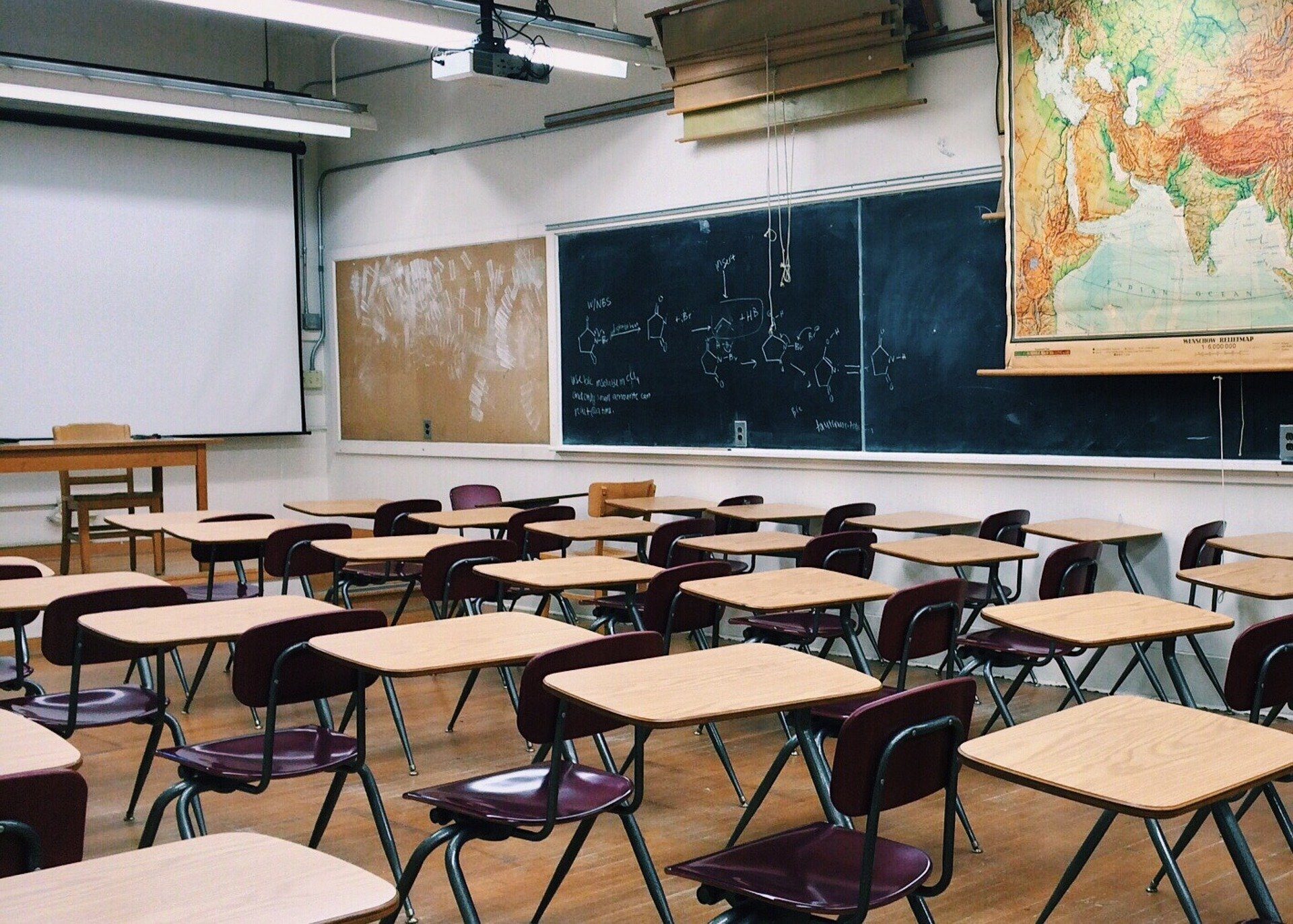Individualised approaches are adopted in classroom settings, with students categorised based on the nature and severity of their disabilities.
Qatar’s Ministry of Education and Higher Education has rolled out inclusive classrooms across 82 schools in Qatar, catering specifically to students with disabilities.
Special Education Guidance Expert at the ministry Manaa Al Hababi highlighted the significant strides made in integrating students with disabilities into mainstream education.
“Inclusive classes have been made in 70 specialised regular schools operating across the country for students with disabilities (boys and girls),” said Al Hababi in an interview with Qatar TV.
She further detailed that inclusion initiatives extend to four schools accommodating students with visual impairments and two schools catering to those who are hard-of-hearing
Six specialised schools named ‘Al Hedaya School for Special Needs’ with two kindergartens, have been established to cater to all grades for both genders, Al Hababi added.
These inclusive schools offer a variety of programmes to support students with disabilities, ranging from early intervention to vocational, individual education, family support, and technical paths for secondary school students tailored to their interests and abilities.
Al Hababi went on to emphasise that “a number of teachers with disabilities are also working with schools of inclusion which have adequate number of qualified teachers.”
Secondary school students are provided with education in technical and professional realms, with opportunities for further professional development post-graduation through professional diploma courses coordinated with local universities.
“The Ministry of Education and Higher Education in coordination with local universities are providing professional diploma courses to students with disabilities after their school graduation,” revealed Al Hababi.
Collaborating closely with the Ministry of Labour, the Ministry of Education and Higher Education aims to facilitate suitable job placements for students with disabilities to ensure their integration into the workforce and society at large.
Schools like Al Hidaya Government Schools for People with Special Needs provide tailored care and attention to students, aiding in their rehabilitation and integration into mainstream life.
These schools use electronic means to foster skill development among students with disabilities. Through the use of electronic drawing to activities promoting movement and balance, these innovative tools aim to enhance engagement and stimulate cognitive growth.
Meanwhile, individualised approaches are adopted in classroom settings, with students categorised based on the nature and severity of their disabilities.







